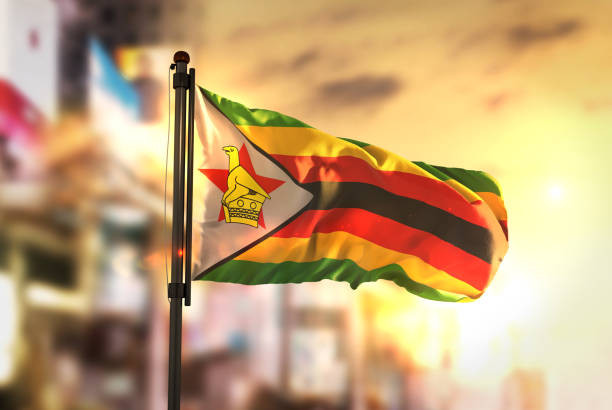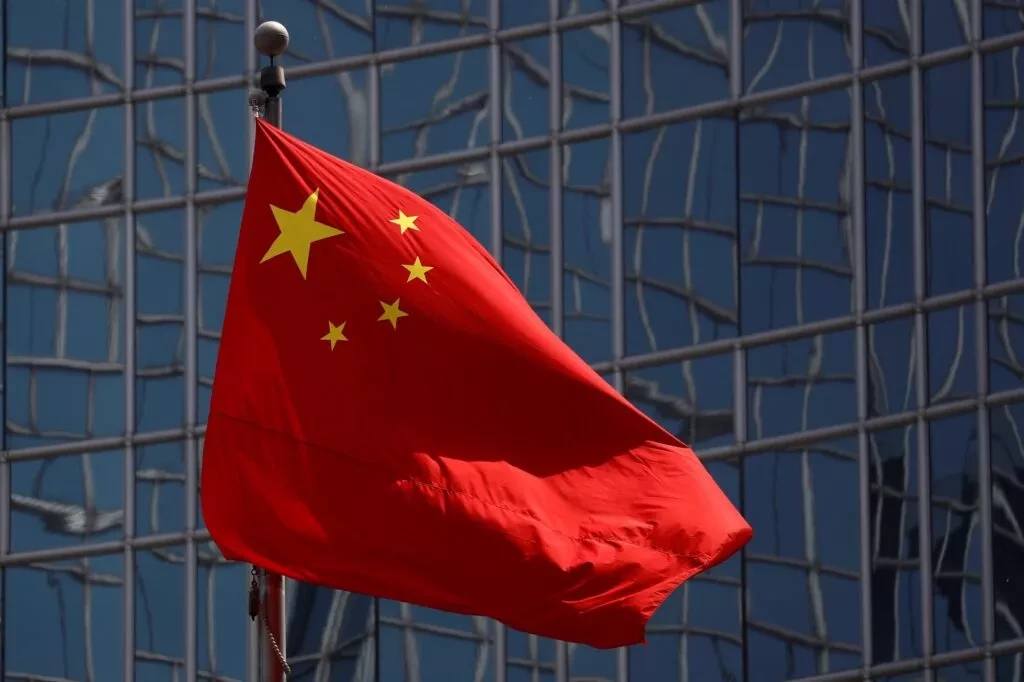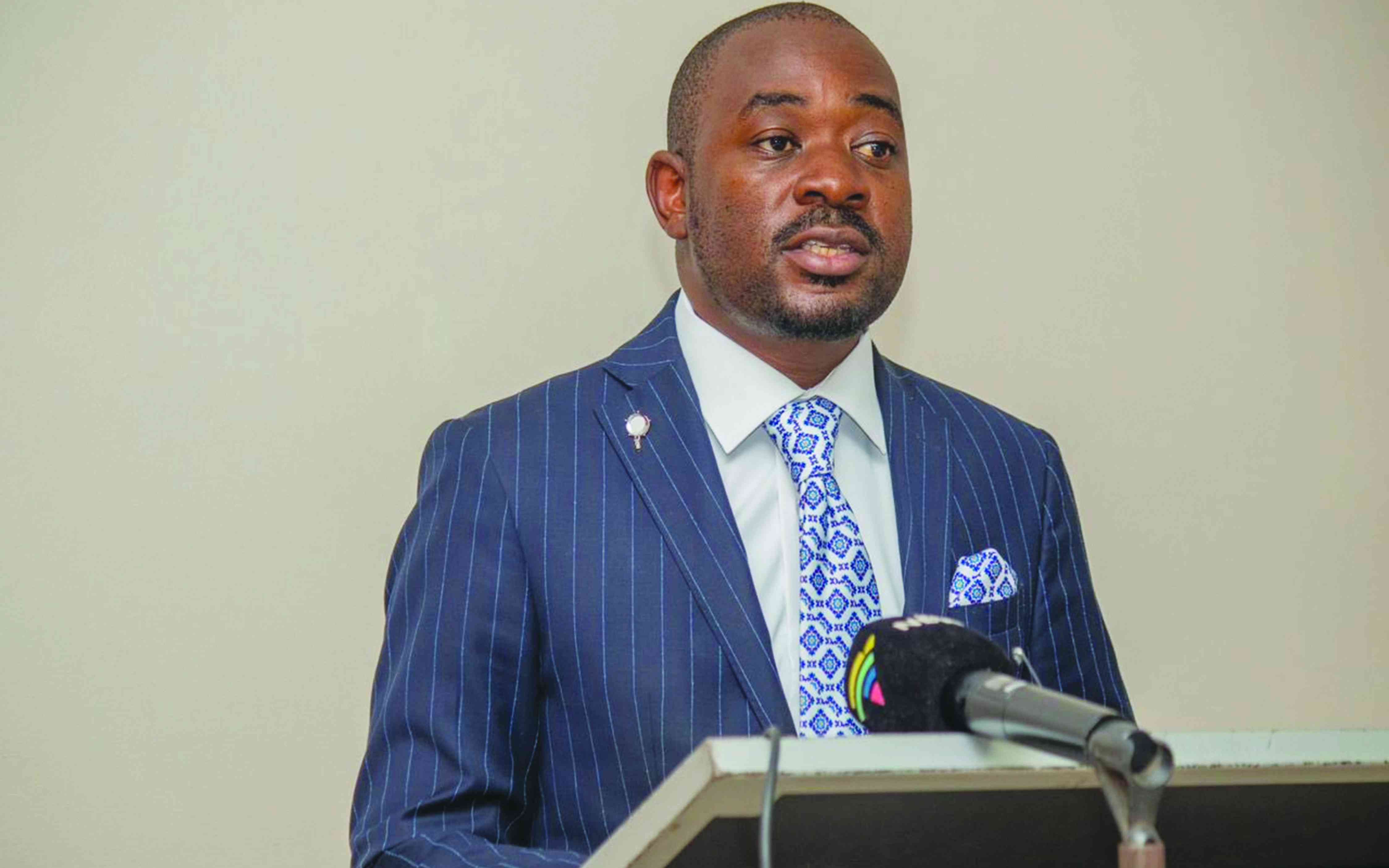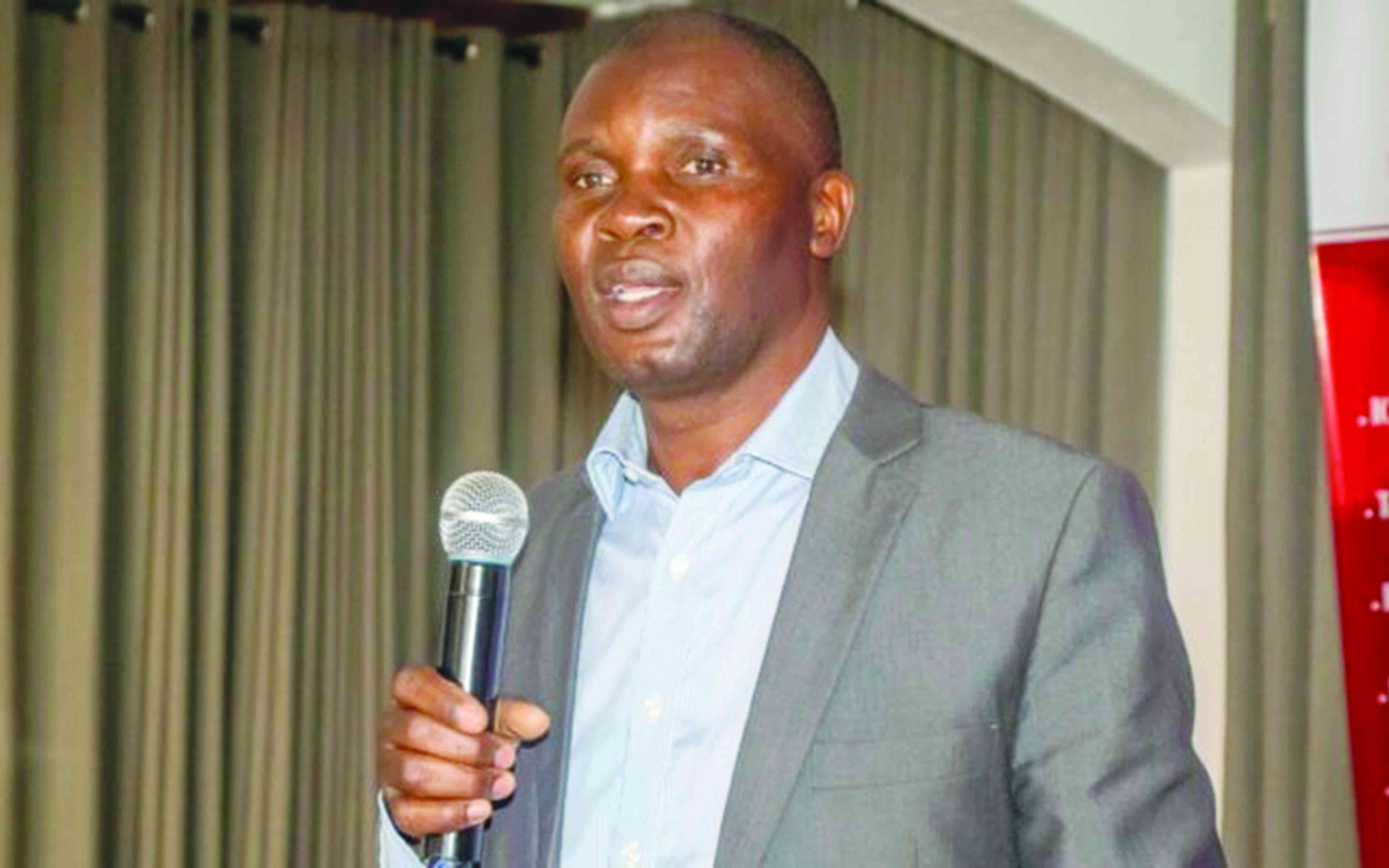
Living in Zimbabwe is no walk in the park. In other countries, the rules of transacting or accessing where to get what, for what purpose, are clear and documented. In Zimbabwe, you have to rely on family and friends of friends for information. And some of that information is distorted. There is so much room to make mistakes.
This means it might take longer to get settled in. Be that as it may, come rain or sunshine, a drought or flooding, Zimbabwe remains home. It is the only place for Zimbabweans in the diaspora where their citizenship will never be under scrutiny or attack. It is a location where strangers smile at you and greet you warmly.
It is a place where people know your name and your umbilical cord and those of your forefathers. It is simply a place called home.
The Zimbabwean diaspora faces a complex set of global pressures such as rising crime and social disruption through elevated xenophobic attacks in places such as South Africa, political volatility and nationalistic sentiments in the United Kingdom and shifting immigration policies in the United States.
This is making long-term planning feel precarious. Despite known flaws, Zimbabwe offers unique opportunities and reasons why returning home ought to be compelling and strategic.
Zimbabwe is gradually rebuilding its macroeconomic foundation, with targeted reforms to improve the ease of doing business and attract investment. The diversification of key sectors such as agribusiness, mining, manufacturing, information and communication technologies is creating a platform for diasporans to deploy capital, transfer expertise and participate in value-added activities. These Zimbabwean investors can leverage Zimbabwe’s comparative advantages, such as a resilient labour force to establish ventures that could easily scale regionally. This week, we are covering the following issues; a rebounding economy with growing opportunities, a rich cultural tableau and deep personal connection, and strategic geographic position and regional access.
A rebounding economy
Zimbabwe’s economy has demonstrated notable resilience and a discernible shift toward diversification in recent years.
- Drama around Ndebele king making a mockery of the throne
- Umkhathi Theatre Works on King Lobengula’s play
- Street mural exposes Zim’s divided society
- Minister tips ICTs to drive economic recovery
Keep Reading
This evolving landscape is not a passing setback but a reordering of the country’s productive base, with multiple sectors expanding and offering tangible opportunities for investment, entrepreneurship, and employment.
For the diaspora, these developments translate into a compelling case for engagement and potential reintegration, grounded in practical paths to contribute value and build sustainable livelihoods.
Agriculture and agro processing remain central to Zimbabwe’s growth story.
The sector is expanding beyond subsistence farming toward production systems that emphasise irrigation, mechanisation, storage and logistics, all of which add value to raw produce and open access to regional and international markets. Demand for quality inputs, processing capacity, packaging, branding and export ready products creates a wide spectrum of entry points for diaspora actors with technical expertise, capital or managerial experience.
Public private partnerships offer additional avenues to rehabilitate farms, optimise supply chains and raise productivity, enabling a more resilient agricultural economy that can support rural livelihoods and food security.
Zimbabwe’s resources, such as copper, gold, chrome and platinum group metals (PGMs), continue to present opportunities across exploration, mining services, processing and beneficiation. There is growing recognition of the value that local beneficiation can bring: more value added within the country, higher job creation and stronger tax revenues. These are opportunities for the diaspora to contribute by supporting local firms in value chain upgrading, sharing best practices and safety, and helping to integrate mineral wealth into regional and global supply chains.
Tourism and hospitality also show potential for growth, particularly when backed by improved infrastructure, safety and targeted marketing.
Wildlife, cultural heritage and adventure tourism continue to attract visitors seeking distinctive experiences, while eco-tourism and community owned ventures offer inclusive models that empower local communities and diversify income streams.
For diaspora professionals with experience in hospitality management, there are opportunities to mentor, invest in boutique ventures or collaborate with local operators to raise standards and competitiveness.
Manufacturing and light industry present another vector for expansion, especially in areas such as food and beverages, textiles, construction materials, and import substitution. Revitalising industrial parks and leveraging special economic zones has the opportunity to attract both local and foreign investment, helping to reduce production costs and shorten supply chains.
Diaspora participants could contribute through technology transfer, process optimisation, quality assurance and the establishment of export-oriented production lines serving regional markets.
The tech-enabled start up ecosystem is gaining momentum, with opportunities in fintech, e-commerce, agri-tech, health-tech, insure-tech and information services. Diaspora professionals could play vital roles as advisors, mentors, or partners in product co-development.
Accelerators, cross-border collaborations and joint ventures with local firms could help scale innovative solutions to meet domestic needs while creating external facing products and services.
The diaspora’s value proposition in this evolving economy is multifaceted. Technical, financial and managerial expertise could accelerate the growth of local ventures, improve governance and hopefully enhance strategic decision-making. Diaspora capital will support seed and growth rounds, provide development finance partnerships and de-risk early stage investments through blended finance mechanisms.
Beyond capital, diaspora networks offer mentorship, governance insights and access to international markets, which will help Zimbabwean firms design scalable business models, implement robust management practices and navigate regulatory environments more effectively.
Knowledge transfer and training initiatives could lift workforce capabilities, inspire youth entrepreneurship and create a pipeline of skilled professionals who can sustain long-term growth.
I am not advocating for a walk in the park here. Sometimes living in Zimbabwe feels like you are expending tonnes of blood, sweat and tears, but when planning for the long game, it is vital to stay the course. The enabling environment is gradually improving.
Often it appears like its four steps forward and seven steps backward, but with ongoing ease of doing business programmes, with new reforms aimed at reducing red tape, speeding up registrations and strengthening contract enforcement, there is indeed a light at the end of the tunnel. When these reforms are aligned with predictable regulatory processes and credible local partnerships, they reduce business risk and enhance the attractiveness of ventures initiated or supported by the diaspora.
Gradual improvements in infrastructure and connectivity, especially in power reliability, transportation networks and digital access will eventually reduce operating costs and enable scalable business models that will reach regional markets.
A lot is going on that is not being announced. It is vital to either run the mile by yourself, or get assistance to fill in the information gaps presenting.
The Ministry of Information is poor at sharing the good stories happening in Zimbabwe. Similarly, the Zimbabwe Revenue Authority hardly shares progressive aspects of tax policies in order to encourage compliance.
Public-private collaboration is increasingly important, with sector — specific roadmaps and development plans offering clearer signals about national priorities and investment opportunities. Policy coherence and targeted incentives such as relief or exemptions for capital goods, are already further enhancing Zimbabwe’s appeal as a destination for diaspora-invested ventures.
A rich cultural tableau
Zimbabwe’s cultural tapestry runs deep, stitching together music that stirs the spirit, languages that carry history in cadence with local languages such as Shona, Ndebele, not forgetting visual languages of sculpture, beadwork and vibrant arts.
Zimbabwe’s historical landmarks, the Great Zimbabwe, battlefields such as the Matopos and museums scattered around the country, are not relics but living classrooms, inviting reflection and renewal. These are national resources whose access will treat any foreign induced anxiety or mental health disorder!
For the Zimbabwe diaspora, to return is to step into a living anthology where memory is not a distant archive but daily life. Zimbabwe is a place with a culture that honours elders while nurturing youth, a dynamic continuum where tradition informs innovation and community acts as a national archive of identity. For diasporans, rehoming fosters a restorative belonging grounded in kinship, shared meals and intergenerational dialogue.
Strategic geographic position
Zimbabwe’s location in southern Africa renders it a natural springboard to the region’s dynamic markets.
The country sits at the crossroads of major corridors in Sadc that link hinterland production to coastal markets, enabling faster, cost effective trade and mobility. For those considering returning, this geographic reality translates into tangible advantages such as easier cross-border work, study and business expansion across South Africa, Botswana, Zambia, Mozambique and Malawi.
- Ndoro-Mkombachoto is a former academic and banker. She has consulted widely in strategy, entrepreneurship and private sector development for organisations that include Seed Co Africa, Hwange Colliery, RBZ/CGC, Standard Bank of South Africa, Home Loans, IFC/World Bank, UNDP, USAid, Danida, Cida, Kellogg Foundation, among others, as a writer, property investor, developer and manager. — @HeartfeltwithGloria/ +263 772 236 341.











